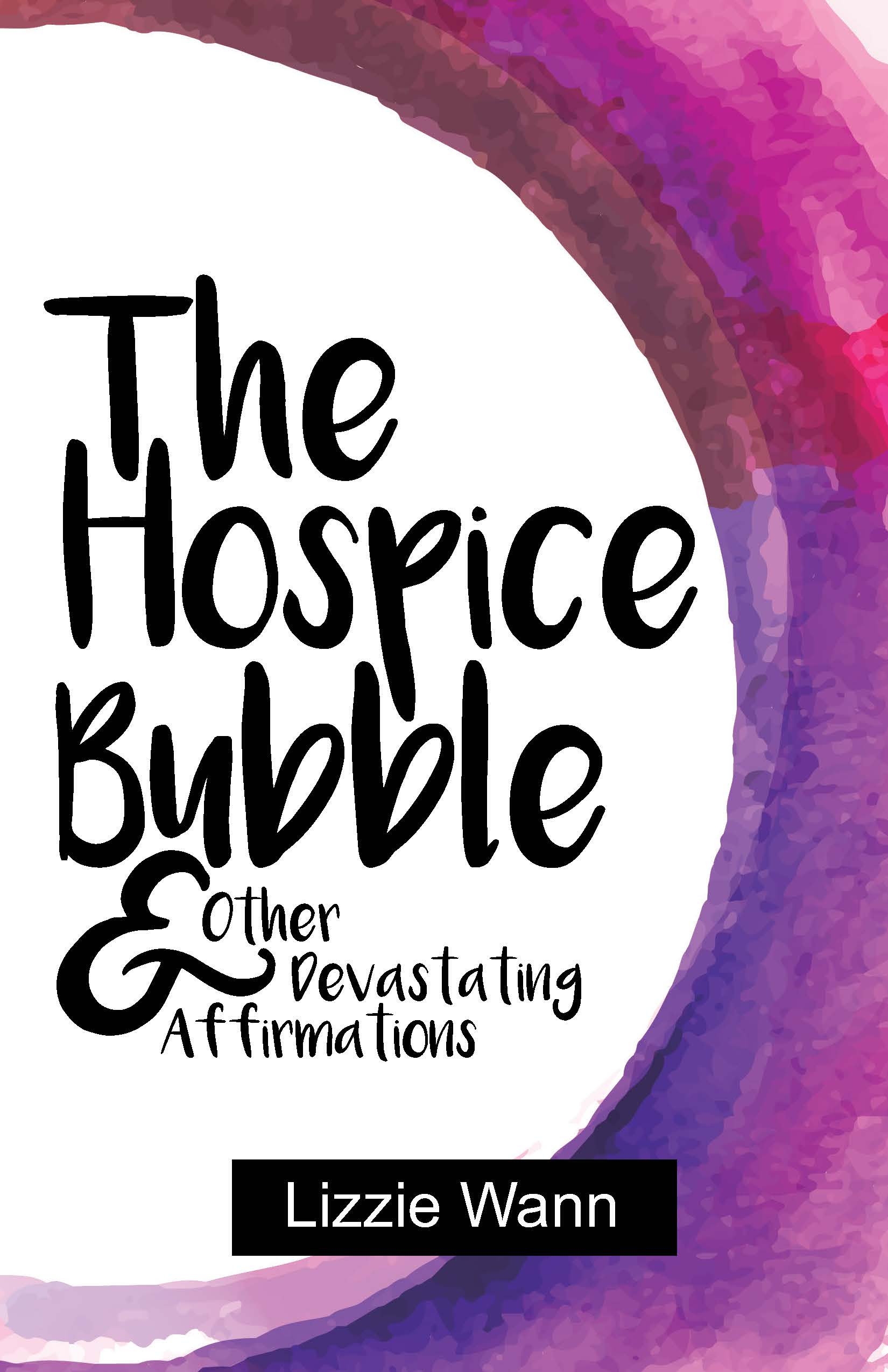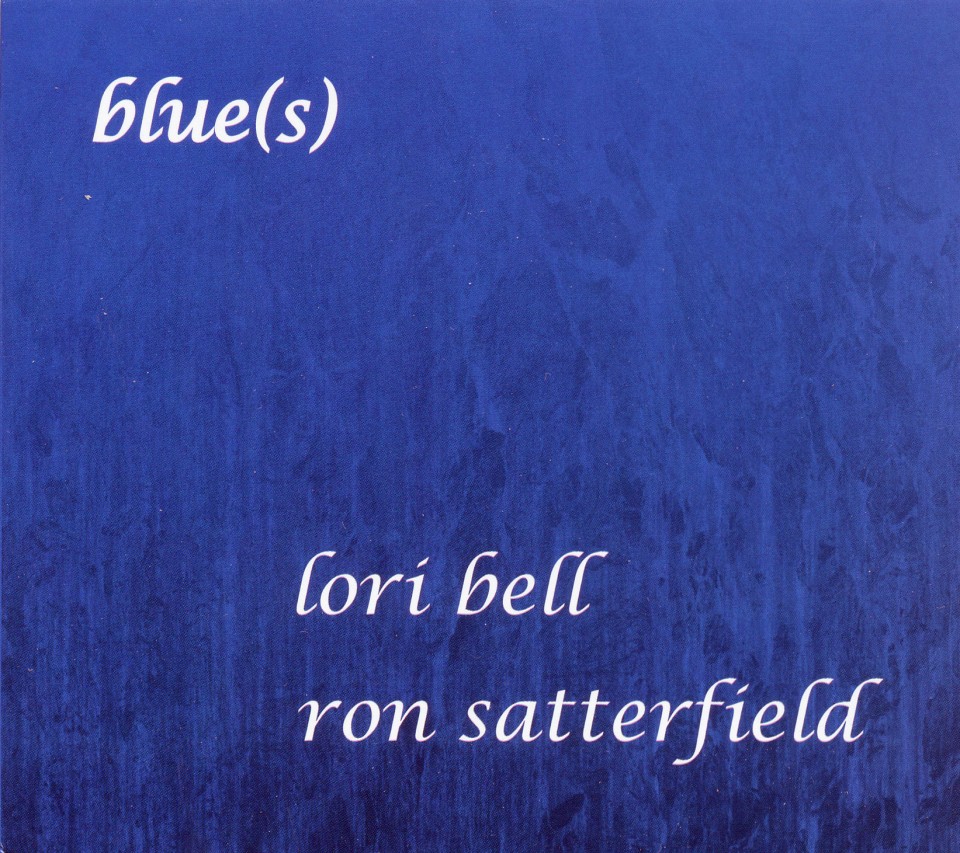 |
| WOW--Moby Grape |
For a brief moment in 1967 it seemed Moby Grape would be the greatest rock ‘n’ roll band of all time. The evidence that the San Francisco band would ascend to the uppermost heights of the rock pantheon was their eponymously titled debut album ,Moby Grape. Bay Area promoter Matthew Katz assembled the band around Canadian guitarist, songwriter, and vocalist Skip Spence, a colorful figure who incidentally played drums on the first Jefferson Airplane album. Katz raided other bands in Northern and Southern California for other musicians, settling finally on lead guitarist Jerry Miller and drummer Don Stevenson, guitarist Peter Lewis and bassist/vocalist Bob Mosley. It would seem they assembled the band Svengali-like, but the musicians took to one another remarkably well. Perhaps brilliantly is the more suitable adverb, as their first release made the cold, cynical hearts of the rock critic cabal go aflutter. Though the band intended to showcase Spence, all five musicians contributed in equal measure as songwriters and vocalists, with the first album regarded by many pundits, critics, and wags as the finest album from the San Francisco scene of the 1960s. Fronted by a three-man guitar army in Miller, Lewis, and Spence, their sound was eclectic, vibrant, and tight yet not constricted in their arrangements, with songs that easily bridged the styles of hard rock, country, blues, folk-rock, just touching the edges of jazz and pure psychedelia.
From nowhere came a group of collaboratively written songs with fetching melodies and crystalline harmonies that rivaled the Byrds. Their lyrics reflected the free-for-all times, of course, but there was something reliably grounded in this collective’s approach to describing experience, a refreshing stoicism learned from this band’s leanings toward working-class country and the gritty realism of the blues. The guitars meshed together wonderfully, wittily, at once powerful, rapid, bludgeoning with “Omaha” or in the delicately layered picking and strumming underscoring the subtly wrenching melancholy in the ballad “8:05.” The stylistic range and consistent excellence of the songwriting was utterly superb, the musicianship drew nearly uniform raves from reviewers, live performances were leaving audiences in varying states of awe. You wonder what might go wrong, but things did go awry after they released the album. The Sixties counterculture didn’t want corporate pre-packaging; the preference was for music that was real, risk-taking, authentic.
The precise definition of the authenticity was nebulous, but many of them could smell hype quickly from afar. Hype was exactly what Columbia Records, the band’s record label (and a subsidiary of CBS) did to promote them, infamously releasing five singles at the same time. The thinking was that a shot-gun approach would assure that at least one of the five would hit and garner maximum airplay and revenue. It failed miserably. Rock magazines, underground newspapers, and some strait-laced writers for the mainstream press viewed the ploy as conspicuously cynical to move product. The band’s reputation suffered as a result, although they continued to receive airplay on FM radio stations and drew audiences at live gigs. Moby Grape, though, didn’t sell in the numbers that fans and critics think it should have. Some of the spirit was leeched from the band. With their second album Wow, released in 1969, we have a harbinger of the series of bad breaks and bad decisions that stunted this band’s once-seemingly infinite potential.
It’s worth a mention that Grape’s debut was released May 29, 1967, three days after the seismic release of Sgt. Pepper’s Lonely-Hearts Club Band on May 26 that same year. It would seem there was a fateful invisible hand at work here. The Beatles were receiving praise for their willingness to experiment with song form and production technique, particularly with Rubber Soul in 1965 and, later and more ambitiously, with 1966’s Revolver. Sitars, multiple track overdubbing, instruments played backwards, musical styles covering the range of blues, hard rock, rhythm and blues, classical allusions, old-time jazz and Music Hall balladry became part of the lexicon that rock bands could and would use in songs and records. Rock ‘n’ roll was now just “rock.” They elevated it to an art form or so critics and millions of naïve fans declared. The Beatles raised the bar with those two albums, and it seemed that any musical group worth attention emulated the British band’s initiative, Moby Grape among them. It’s arguable that the first album was the rare thing, a high-quality disc bearing the influence of someone else’s work; perhaps Grape had nearly equaled the Beatles in their achievements so far. The release of Sgt.Pepper changed everything and raised the bar again, this time to absurd heights. Where Rubber Soul and Revolver were brave if slightly tentative steps toward turning pop music into a much more adventurous, artful undertaking, Sgt.Pepper strolled boldly, in giant steps, crossing genres with ease, inventing new sounds and recording techniques as they laid it down, writing subtly arranged melodies and melodies with a keener wit and a modernist poetic bent remindful of T.S. Eliot and William Carlos Williams.
Nothing seemed off limits or off the table for the Brits. Moby Grape’s release in July of 1967 was comparable to Revolver, and three days later the Beatles exploded all the things they’d been playing with for years, reconfiguring the pieces for a new music. Because the Beatles were so far ahead of the game, I remember thinking that it would be folly for other musicians to match their achievement. The Stones tried and famously failed with Their Satanic Majesties Request, released later in 1967.It was a stoned-out two-sided self-indulgence. It was more murk than music. Jagger, Richards, and the rest realized their foolishness and returned to their rhythm and blues roots.
There is little doubt that Moby Grape felt competitive with the Liverpudlians. Even after the much-maligned fiasco of Columbia Records’ release-five-singles gimmick, the first received almost universal praise from critics as an across-the-board masterpiece. It was surely their due to go up against the Beatles and their Sgt. Pepper achievement and show them how it’s done.
This was a period where the Beatles were receiving an unwholesome amount of credit for every element of studio and melodic sophistication in rock music, and it should be said that the single biggest motivation, most likely, for Lennon and McCartney to up their game and turn their pop-rock into art music was the Beach Boys and their Pet Sounds album. Released May 16, 1966, a full year before the release of the Beatles’ disc, Pet Sounds was head Beach Boy Brian Wilson in full flower as composer and arranger, constructing songs with odd meters, ethereal harmonies, sweeping sound stacks of nearly symphonic effect that was brilliantly anchored by the work of the Wrecking Crew, the famed collection of session musicians who gave flesh and blood to Wilson’s abstract and diffuse explanations of what he wanted his songs to sound like. The boys from Liverpool, particularly McCartney, were flabbergasted by what they heard. The competition began in earnest, Sgt.Pepper was their response, and the consequence of the rivalry were two masterpieces. And now it was Moby Grape’s turn to one-up the Beatles.
If Moby Grape deserves its place in the canon, Wow is surely the sharpest disappointment for a follow-up effort. Appearing on store shelves in April 1968, it sold well, peaking at number 20 on the Billboard 200 album chart but was greeted by expressly mixed reviews. I remember that a few reviews were particularly vicious, with most tastemakers citing the album’s faults with questionable production decisions. There was, in fact, many that recommended the album. American rock critic Robert Christgau succinctly summarized the album’s dilemma, saying Wow suffered from “Pepperitis,” referring to the strong impulse at the time to emulate the Beatles’ best and worst habits. Some of Wow’s artful strokes are baffling, sometimes infuriating. “Bitter Wind,” a compelling folk song highlighting the woes and sorrows of a man looking for truth through an unforgiving life, begins and proceeds beautifully, with a stirring pair of acoustic guitars that provide a galloping rhythm as Bob Mosley shouts a beautifully hoarse, soul-inflected vocal. All starts off grandly: the guitars, Mosley’s gritty singing, and chiming choir boy harmony when matters are summarily destroyed. Out of nowhere a gong is banged and as its resonance fades, the listener is overwhelmed with a blitzkrieg of sound, a virtual cacophony of electronic blorts and blasts simulating a hard wind, under which we hear fragments of the song and Mosley’s fine vocal forlornly obscured.
This was little more than the creation of something very fine, honest, and soulful and then smothering it with the thickest, gaudiest pillow you could find. Note that there are live acoustic versions of “Bitter Wind” available on later repackagings of Moby Grape songs. The unsullied version is worth seeking. There are many other bits of production overkill that would add a thousand more words to this piece, but an item I must bring up is a track called “Just Like Gene Autry: A Foxtrot.” Again, coming from a fad started by the Beatles and their Music Hall, turn-of-the-century tributes like “When I’m 64” and furthered with bands like the New Vaudeville Band (“Winchester Cathedral”) or Harper’s Bizarre (“Anything Goes”) securing hits with retro sounds, Moby Grape wanted a crack at it. But more so. Perhaps they were thinking that listeners weren’t getting the full experience of music made in the days of primitive recording technology. As the second to last song faded, there were a few seconds of silence and then a spoken voice booming through the speakers, announcing that he was there to remind you that the next song was at 78rpm, the same speed as the old albums our grandparents bought, and that it would do us good to get out of seats and change the album to the recommended setting. I don’t remember being high, but the announcement startled me and made me as indignant as a 16-year-old could become.
I got off my bed where I’d been listening with my head wedged between two detachable speakers and changed the speed. Waiting for me at the sped-up rate were simulated scratches, crowd noise as if this were emanating from a live location and Arthur Godfrey, THE Arthur Godfrey, going along with the joke by introducing a fictional jazz dance band from atop an equally bogus hotel. The music was a sluggish parody of long-ago pop aesthetics, a humorless slice of nostalgia-mongering that was a profound drag to sit through. The best way to describe how miserable “Just Like Gene Autry” sounded is to suggest that you imagine playing your vinyl albums while pressing your thumb on the spinning disc. This ruins the listening experience, since from that time onward I made it a point to rise rapidly from whatever chair I was sitting in and lift the arm from the record before being instructed to change the record’s speed. But that bit of labor is something I did willingly for several years, as there is terrific music on Wow.
Several songs remain unscathed despite bad production and inflated ideas, as we have in the wonderful tale of “Motorcycle Irene,” Skip Spence’s darkly comic rendering of the myth of the motorcycle Madonna, the tough chick all the guys want but no one wants to mess with. With a rolling, rumbling piano making things move along with a surfeit of bass notes, Irene’s tale is wry and ironic. “Murder in My Heart for the Judge” shows Moby Grape’s blues side to superb effect, a chug-a-long shuffle where the band’s trademark three-pronged guitar work gives us something of a dialogue between the fret player, a call and response of anxiety, glee, and stoned nonchalance as a hippie appears before a hanging judge. Mosley sings lead again and shows himself as a man who might have been one of the great blue-eyed soul singers. Here, though, he is a free spirit baring his soul and throwing himself on the mercy of the cosmic inevitability before him, a plea to the judge responds “Just for getting smart boy/ I’m gonna give you more than a lifetime…” Jerry Miller slashes, punctuates, and animates the courtroom crisis with his fluid, witty blues guitaring. Despite a French horn introduction and the middle section that seem arbitrary and nonsensical, “Can’t Be So Bad” is a powerhouse boogie where all the counter culture trappings are dropped, the pretense of a generational consensus vanishes, leaving only the protagonist making a case to her beau that things are going get better if she just gives him another chance. The unadorned beseeching of a man to his mate was refreshing, honest, disarming. Miller’s guitar solo here positively rips with the sting of Bloomfield and all of Clapton’s fluidity. Truth is that Wow has several good songs: “He,” “Naked If I Want To,” “Three-Four,” “Rose Colored Glasses,” and “Miller’s Blues,” which rise above the often-murky sound mix and indifferently applied effects.
Their sophomore effort, truth, was one of the most disappointing purchases I made with my combined allowance and pop-bottle cash, naively assuming it was too diffuse, esoteric, muddy, self-indulgent, and all those terms one gleans from reading Rolling Stone and Crawdaddy’s record review sections. All the same I kept dropping Wow onto my turntable, moved the needle around to skip what was less worth a listen, and basked in a growing appreciation of how wonderful this band could be if there was nothing blocking their muse. Imperfect as it was, this record has been part of my permanent record collection all these decades later. Wow was a disappointment, but the best of it retains the naive spark and sass. Naive, which is to say innocent, and part of the miracle of Moby Grape's first record and the most sublime minutes of Wow is that the band rarely advanced beyond innocence into the quicksand of pretentiousness. When they did, as on Wow, they paid the cost with grating, unlistenable minutes .







